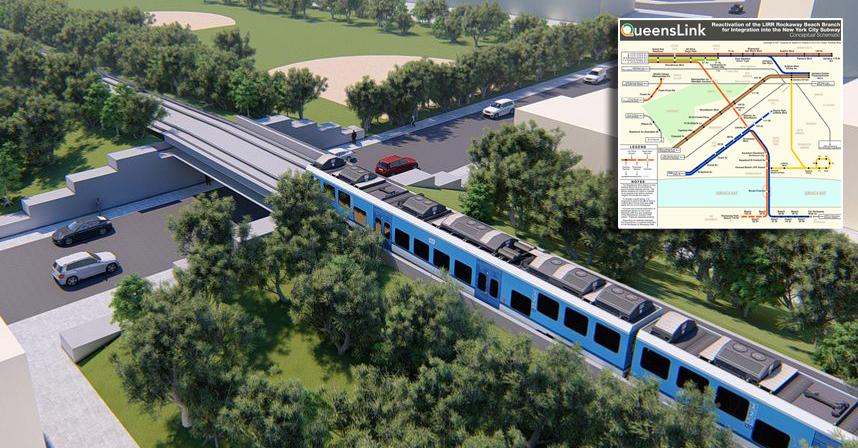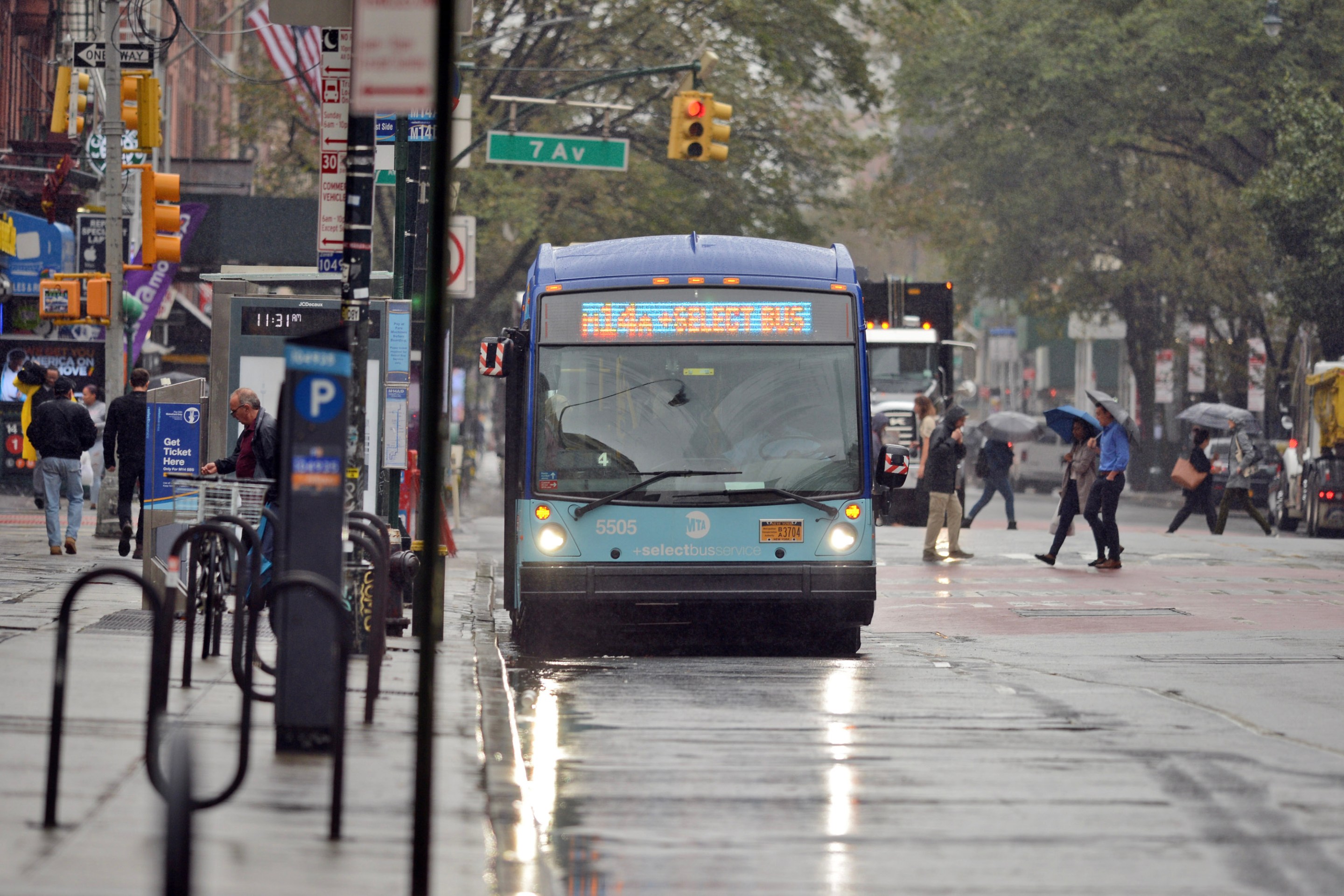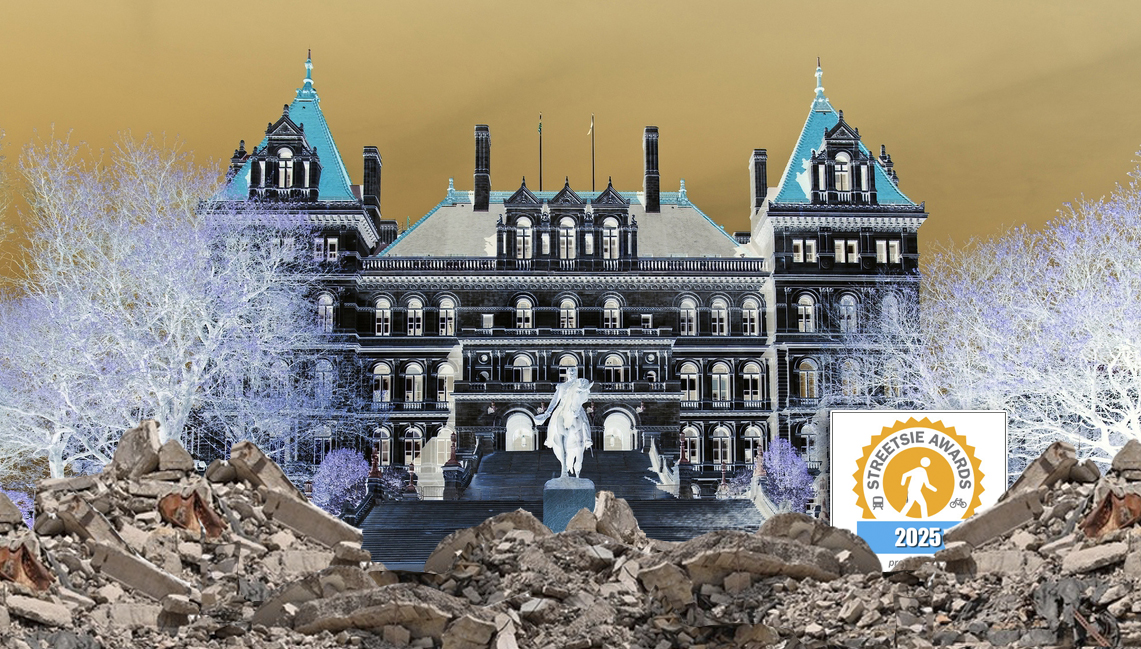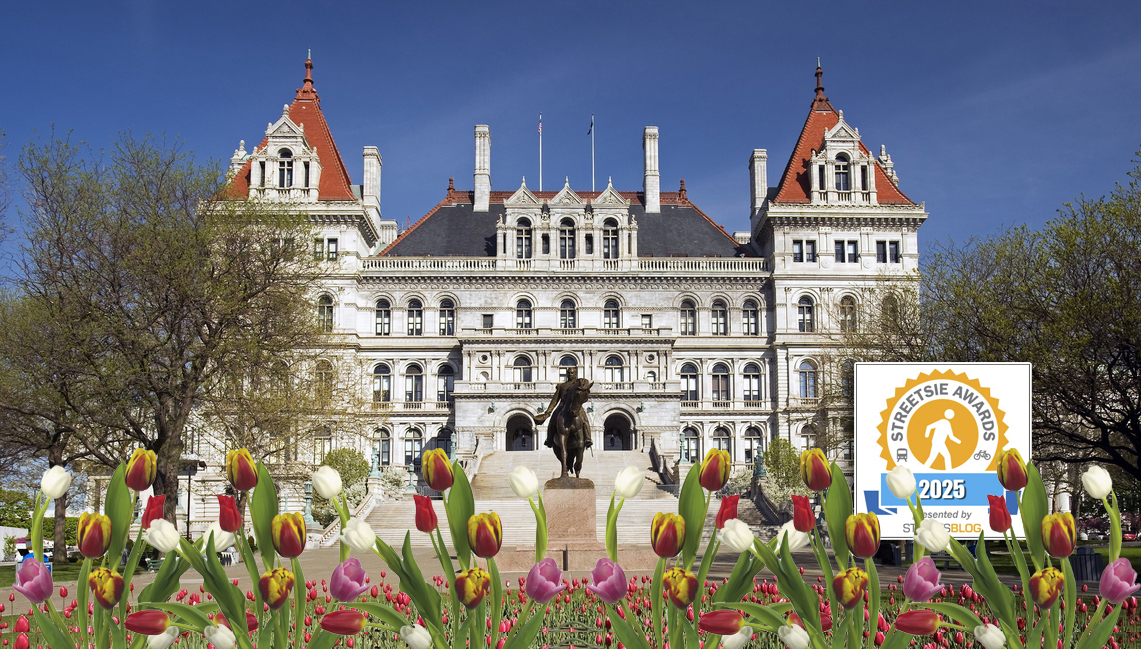
There aren't too many places in the United States like Boston -- truly walkable cities with good transit. And it didn't happen by accident.
Boston could have ended up like so many other American cities, criss-crossed by elevated roads and crammed with parking structures. In the early 1970s, transportation planners wanted to gouge highways through some of its most densely populated neighborhoods -- prompting fierce resistance. Thankfully, the top elected official in the state listened to the highway revolt and made decisions that continue to benefit the city four decades later.
TransitCenter has the story:
In 1970, in response to protests over highway plans that would involve government seizure of land, homes, and businesses for highway construction, Massachusetts Governor Francis W. Sargent took the unusual step of declaring a moratorium on highway construction inside Route 128, Boston’s suburban beltway. In its place, Sargent called for a comprehensive multimodal study of the region’s transportation needs.
The study concluded two years later, and in a speech to the public on November 30, 1972, Sargent announced the multibillion-dollar investment plan that was its result. The proposed Inner Belt highway, which would have ripped through the urban fabric of Boston, Cambridge, and Somerville, had been shelved. Instead, Sargent declared a relaunch of the state’s commitment to public transportation in the Boston area, as well as the construction of select, strategic highway links less intrusive than the Inner Belt.
If only more elected officials today were as prescient as Sargent was then. TransitCenter picked out this great quote from the speech he gave outlining his plans:
You, your families, your neighbors have become caught in a system that has fouled our air, ravaged our cities, choked our economy, and frustrated every single one of us... We have been caught in a vicious cycle. More cars meant more highways, which meant more traffic jams; more traffic jams meant the need for more highways, which meant more traffic jams and the need for superhighways... The side effect: billions of dollars spent and more and more cities torn apart, more and more families uprooted and displaced. Worst of all: failure to solve the problem that started it all.
Today, public officials around the country are still making the mistakes that Sargent described in 1972. Just last night, county commissioners in Tampa signed off on a disastrous $6 billion highway expansion plan that will upend city neighborhoods.
Elsewhere on the Network today: Mobility Lab analyzes where and how Capital Bikeshare riders use bike lanes. And GJEL Accident Attorneys shares photographic evidence that parking enforcement agents in Oakland are doing their jobs... while parked in a bike lane.





